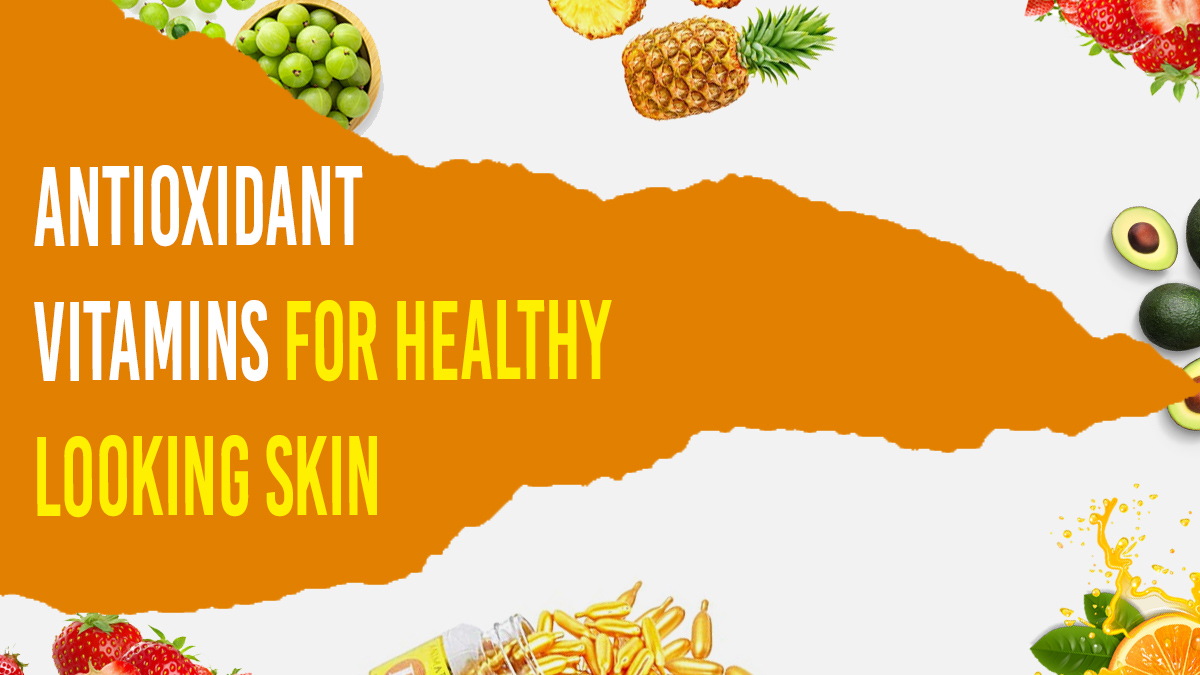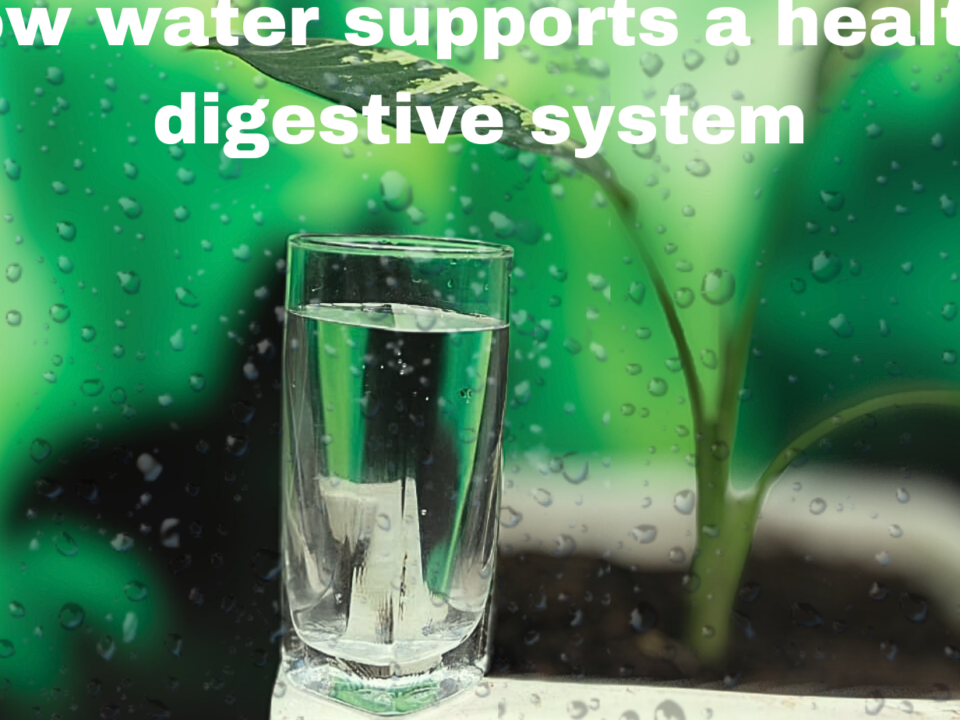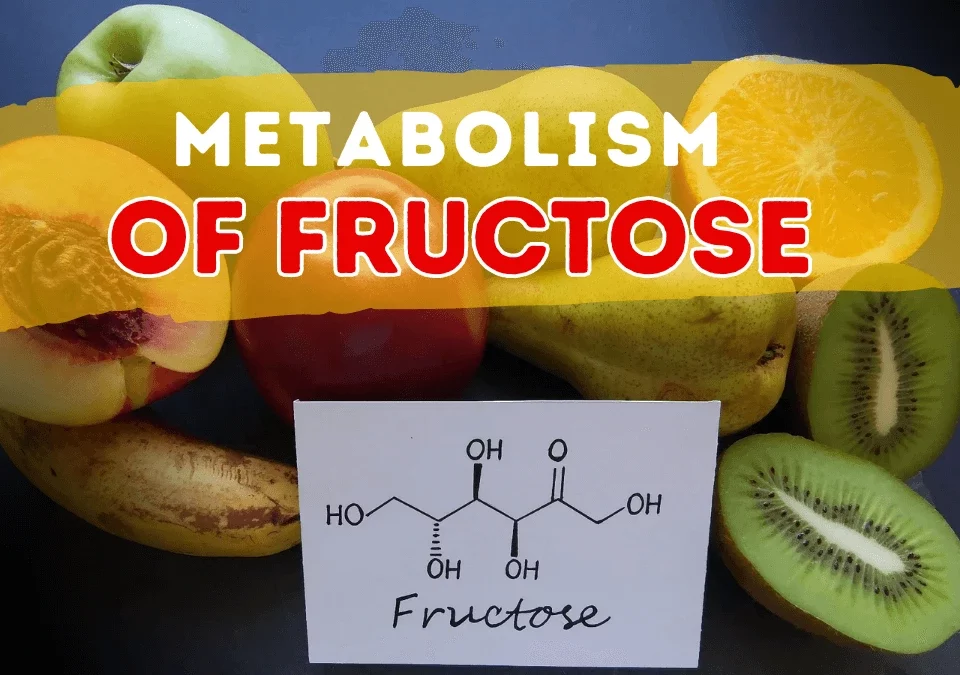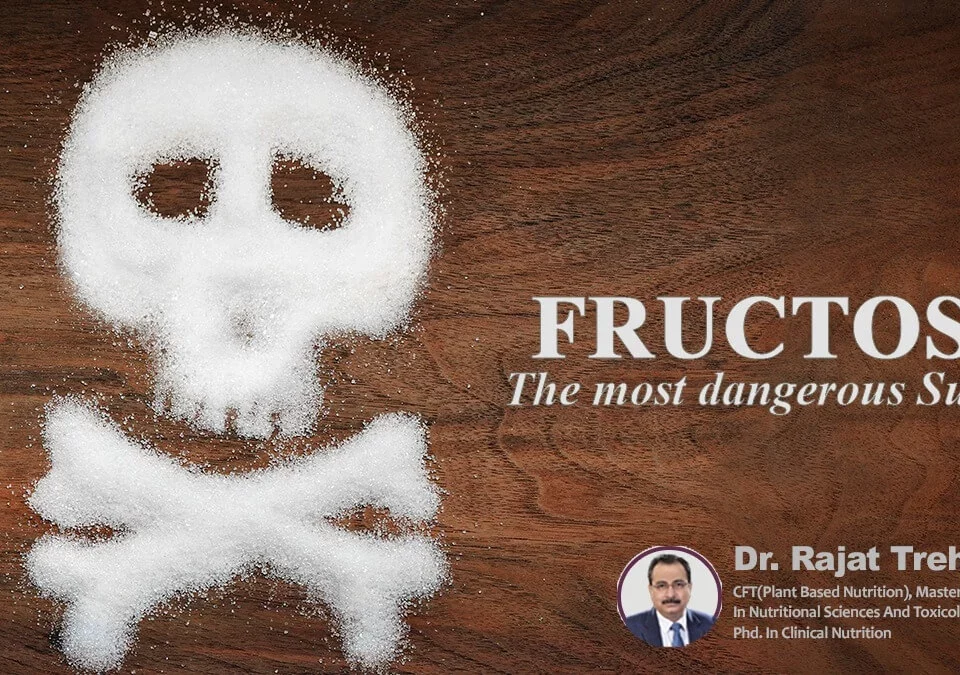Antioxidant Vitamins for healthy-looking skin

Turmeric Extract: Curcumin Protects Against Liver Damage
October 29, 2022
Curcumin & Boswellia for Knee Osteoarthritis: The Amazing Benefits
November 12, 2022Antioxidant Vitamins for healthy-looking skin
Whether You are a beauty enthusiast or not. Having youthful and glowing skin is everyone’s dream. To have healthy and glowing skin, there are three important mantras that you need to know. First, always protect your skin from the sun. Second, have a healthy and balanced diet. Third, for the sake of your skin– Do not smoke!
Apart from these things, what else can you do to get that refreshing and vibrant skin? The answer is simple, by including vitamins and antioxidants in your routine. Vitamins and antioxidants are equally important in getting healthy skin. Let’s get deeper into the importance of these and know what changes or additions we can make in our daily lives to improve our skin health.
Before anything else, it’s important to know what vitamins and antioxidants are.
What are vitamins?
These are the organic materials that are present in natural foods but in very small amounts. Less consumption of any vitamin may lead to health issues.
Make sure that you are feeding your body enough vitamins so that it can protect you from outside. Your skin is the only barrier that protects your inner body from things outside it.
Feed your body with these:
Healthy Fats
Instead of eating saturated fats, try replacing them with monounsaturated and polyunsaturated fats from plants like seeds, nuts, avocados, and from fish. This is how you will get your “glow”. This will help your skin be more firm, flexible, and moist.
Omega-3 fatty acids: These are the kind of polyunsaturated fats that our body does not produce but needs to build cell walls.
Proteins
The proteins you eat are turned into amino acids by your body. Your body reuses them to make other proteins, including keratin and collagen. Some amino acids are antioxidants that protect your skin under the sun from UV rays.
Vitamin A & C
Without vitamin A your skin gets itchy, uneven, and dry. Vitamin A is needed by both the upper and lower layers of your skin. As it’s an antioxidant, it might give you some protection from sunburn (but not completely).
Vitamin C also works as an antioxidant, which gives your skin some protection from skin cancer.
If vitamin C levels are lower in your body, it may cause easy bruising, slower-healing sores, and bleeding gums.
There are many other vitamins that you can include in your diet and routine for healthy skin.
For example, zinc, vitamin E, Selenium, and other food supplements.
What are antioxidants?
They are synthetic or natural substances that may prevent or delay cell damage. They inhibit oxidation, a chemical reaction that can damage cells in organisms.
What do antioxidants do for your skin?
We all know that cells are the building blocks of our skin. Antioxidants are known as the damage defenders that help slow skin ageing.
How do they help?
● Help correct signs of ageing (wrinkles, fine lines, loose skin, and blotchy skin tone)
● Prevent sunburn and protect against sun damage
● Help brighten skin tone
● Help skin repair itself
What are some of the Best Antioxidants for healthy-looking skin?
● Vitamin C
There are many benefits of Vitamin C, and there is no doubt why it is the favourite antioxidant among dermatologists. Some of its benefits are collagen production and fading dark spots. It also prevents sun damage and prohibits hyperpigmentation.
● Vitamin E
Just like Vitamin C, it has similar benefits. In addition, it protects the skin from skin cancer.
● Retinol (The active form of Vitamin A)
It is a subordinate of Vitamin A and helps in stimulating collagen production and accelerating cell renewal and repair.
● Polyphenols
They are found in vegetables, fruits, black or green tea, and other botanicals. They prevent signs of ageing and skin photodamage.
● Niacinamide
Also known as vitamin B3, it helps soothe breakouts and fight redness. This vitamin is also used to treat some skin conditions like acne and rosacea. It is ideal for sensitive skin types.
● Flavonoids (Green tea and Chocolate)
The flavonoids in Green tea and chocolates are strong antioxidants. They might help you with skin cancer and inflammation. Also, they help protect you from the negative effects of sun exposure.
Other Antioxidants
Many plant-based extracts are being used for healthy skin. Some of them are rosemary, grape-seed extract, pomegranate, and soy. Try including these vitamins and antioxidants in your routine and see the results yourself.







